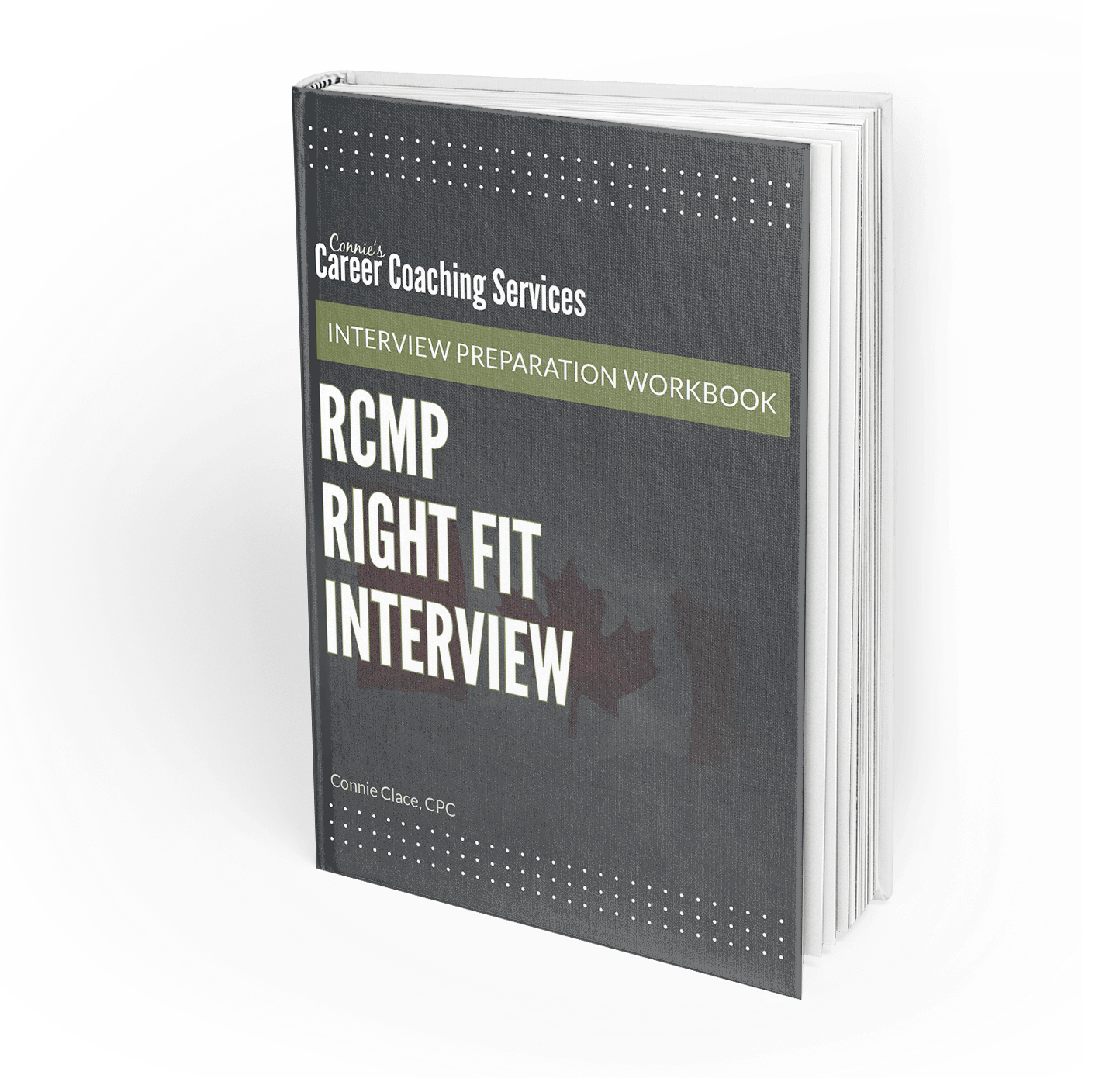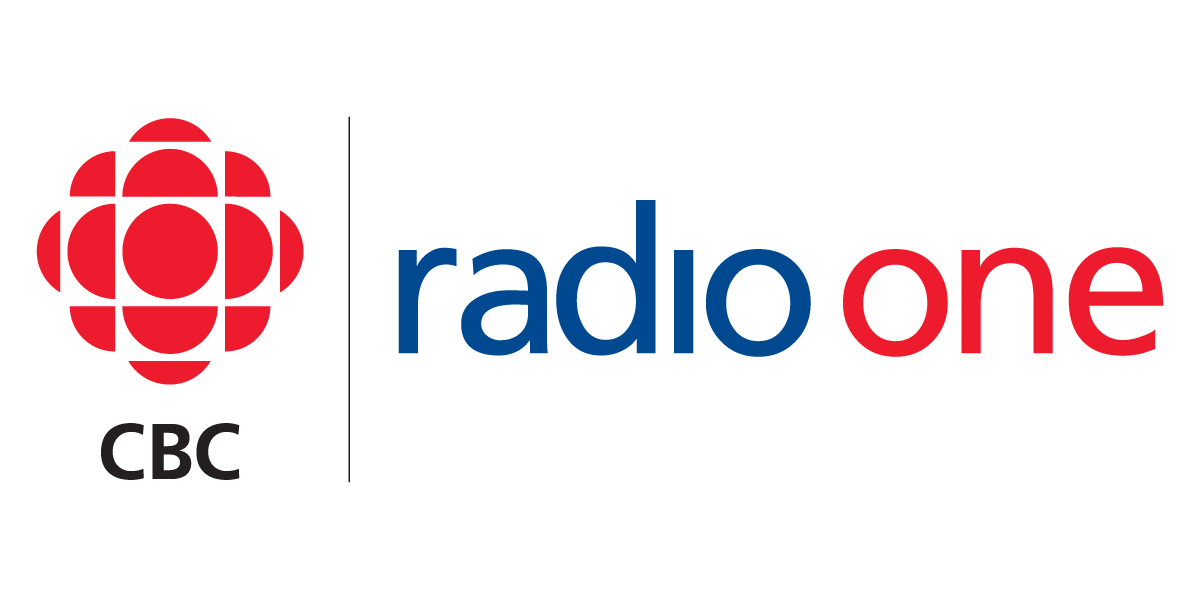Chronological vs Functional Resume: Which resume format should you use? To get a good job, you first need to have a good resume. But what resume format should you use? There are lots of people prepared to give you advice on which style you should use, but it really depends on your own situation.
So how do you choose between the Chronological vs Functional Resume? What are the differences and which resume format should you use? Let’s break them each down.
Chronological Resume
The Chronological resume format starts with your current or most recent job, and works backwards throughout your career, highlighting your work experience and your education.
You should consider using this format if you have:
- education and significant experience in the field in which you are applying. Highlighting the experience you have that is in line with what they are looking for is the best way to showcase your skills.
- been in an organization for a period of time and have advanced through one or more positions. Showing your advancement within one organization for an extended period of time, demonstrates commitment, dedication and reliability.
- no major gaps in employment. Showing a long period of uninterrupted employment shows that you are committed to your career.
Chronological resumes are easy to follow for hiring managers, laying out in an organized fashion your work history and education. However, you shouldn’t use this format if you:
- are recently out of university and have very little work experience,
- have a big gap in employment,
- have no experience in the field for which you have applied.
Functional Resume
The Functional resume format highlights the skills that you have developed, whether it be through work, school or volunteer activity, versus a timeline of only your professional experience. This resume allows you to target the skills that the hiring company has identified as required to do the job well.
You should consider using this format if you have:
- recently graduated from school and have very little relevant experience. If you haven’t yet had a job in your industry, you can’t add it to your resume.
- work history, however not relevant to this field. If you have decided to change careers, and your previous jobs don’t relate to the new industry, they may not add any value.
- been off work for an extended period of time, i.e. left work to raise your children. The functional resume will allow you to focus on skills that you have gained both from previous experience and ones that you developed while you were off work.
The functional resume can definitely be used as an option when writing your resume, however, you shouldn’t use this format if:
- the job poster specifically sets out experience requirements, i.e. three years experience in marketing,
- you have relevant work experience, even if the position is in a new field,
- you are applying for a Federal Government job, where a functional resume will not give enough time related information.
Of course, depending on your situation, you could do a combination of a chronological and a functional resume.
If you aren’t sure what the correct resume format is for you, don’t be afraid to reach out to someone who is an experienced in writing effective resumes, or reach out to a Certified Professional Career Coach to get some assistance.
Do you know someone who is faced with this challenge? Feel free to share this post by using the share links at the top of this page. Also, if you’d like more resume and cover letter tips, feel free to check out the resume resource page.


Leave a Reply